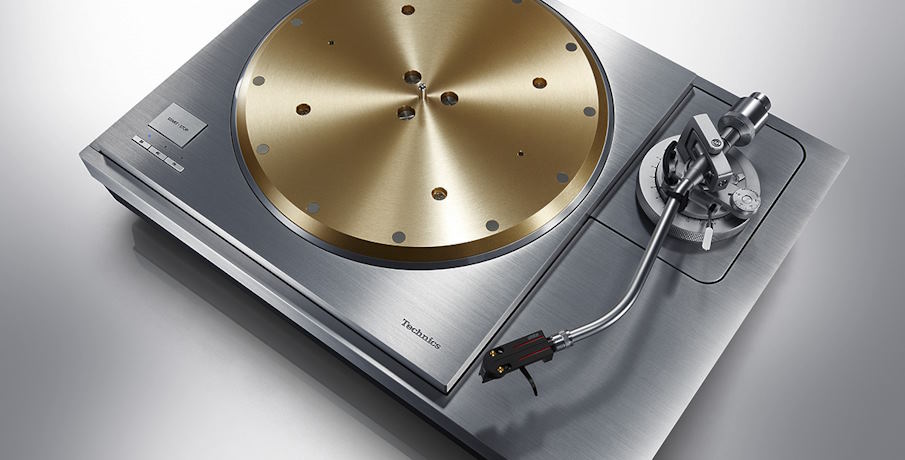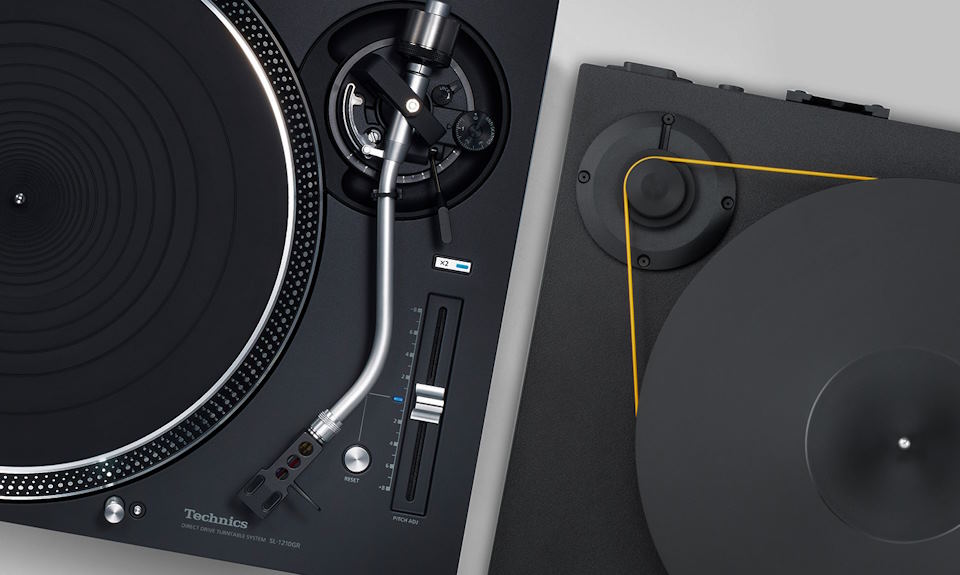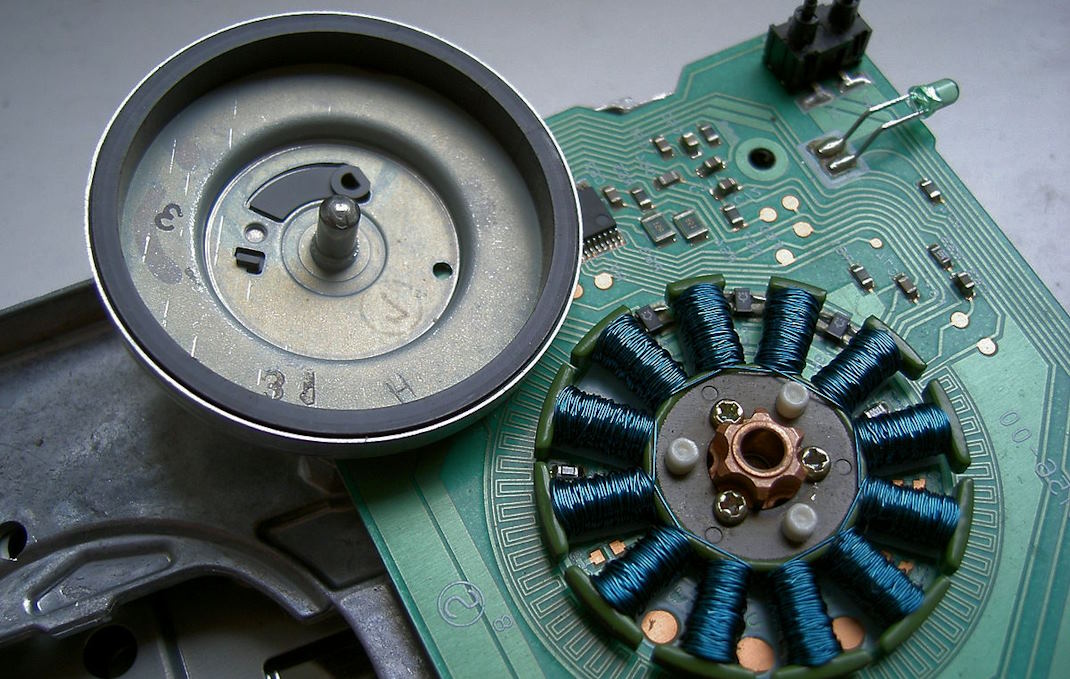In an era where digital streaming and MP3s dominate the music consumption landscape, the resounding resurgence of vinyl records stands as a testament to the enduring allure of analog audio. At the heart of this vinyl revival lies the turntable, a piece of audio equipment that has, over the years, evolved in design and technology. The turntable’s motor, often an unsung hero of audio playback, plays a pivotal role in ensuring the faithful reproduction of music.
Types of Motors in Direct Drive Turntables
Direct drive record player have gained popularity among audiophiles and music enthusiasts for their precision, speed stability, and minimal mechanical interference with vinyl playback. At the core of these turntables lies the motor – a critical component responsible for ensuring a smooth and consistent rotation of the platter. In this section, we’ll explore the various types of motors commonly used in direct drive turntables and the advantages and disadvantages associated with each.
Brushless DC (BLDC) Motors:
- How BLDC Motors Work:
Brushless DC motors use magnets and electronics to drive the platter directly. Unlike older brushed motors, BLDC motors do not rely on physical brushes for commutation, reducing friction and wear.
- Advantages and Disadvantages:
BLDC motors offer precise speed control, low noise, and minimal vibration. They are known for excellent torque, making them ideal for heavy-duty applications. However, they tend to be more expensive to manufacture.
Quartz-Locked Speed Control (QD) Motors:
- How QD Motors Work:
QD motors incorporate a quartz crystal to maintain precise speed control. The quartz crystal generates a highly stable reference signal, ensuring minimal speed variation.
- Advantages and Disadvantages:
QD motors provide exceptional speed accuracy and stability, making them favored by audiophiles. However, they can be costly to produce and may require frequent calibration.
Servo-Controlled Motors:
- How Servo-Controlled Motors Work:
Servo-controlled motors use sensors to monitor the platter’s speed and make real-time adjustments to maintain a consistent rotation speed.
- Advantages and Disadvantages:
Servo-controlled motors offer excellent speed stability and are less prone to drift. They are cost-effective but may introduce some noise due to their feedback mechanisms.

Factors to Consider When Choosing a Motor
Selecting the right motor for your direct drive turntable is a decision that can significantly impact your listening experience. Here, we’ll delve into the key factors you should keep in mind when making this important choice.
The Influence of Motor Type on Turntable Performance:
The type of motor you choose has a profound effect on the overall performance of your turntable. For audiophiles seeking precision and minimal speed variations, quartz-locked speed control (QD) motors might be the preferred choice. On the other hand, if you prioritize torque and reliability, brushless DC (BLDC) motors are a strong contender. Your choice should align with your expectations for sound quality and audio playback.
Compatibility with User Preferences and Listening Habits:
Different motor types cater to various listening preferences. For those who enjoy classical music with its delicate nuances, a motor with ultra-stable speed control like QD might be the best fit. If you’re more into rock or electronic genres, you may prioritize torque and quick response time offered by BLDC motors. Consider your preferred music genres and listening habits when choosing a motor to ensure it complements your tastes.
Budget Considerations:
It’s no secret that direct drive turntables can vary significantly in price. The type of motor can be a driving factor behind these price differences. It’s important to set a budget that aligns with your financial capabilities and choose a motor type that offers the best compromise between your budget and desired performance.
Maintenance and Reliability Factors:
Think long-term. Regular maintenance and reliability are crucial aspects to consider. Some motor types may require more upkeep than others. Servo-controlled motors, for example, are known for their ease of maintenance, while QD motors may demand more attention. Assess your willingness and ability to maintain your turntable over time.

